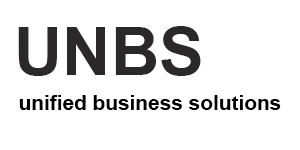There are a number of tools and features that web hosting providers offer that can help small businesses improve the security and performance of their website. Here are a few examples:
- SSL certificates: Secure Sockets Layer (SSL) certificates help encrypt data transmitted between your website and your visitors’ browsers, which can help protect against data breaches and improve your website’s security. Many web hosting providers offer SSL certificates as part of their hosting plans, or as an optional add-on.
- Malware scanning and removal: Malware (malicious software) can be a major threat to the security and performance of your website. Web hosting providers may offer tools or services to help scan for and remove malware from your website, which can help keep your website safe and ensure that it is performing at its best.
- Firewalls: Firewalls are designed to protect your website from cyber attacks and other threats. Some web hosting providers offer built-in firewalls or allow you to enable a firewall on your website to help protect against cyber threats.
- Staging environments: A staging environment allows you to test changes and updates to your website in a separate, isolated environment before publishing them to your live website. This can help ensure that updates and changes don’t break your website or negatively impact its performance.
- Automatic backups: Automatic backups can help protect your website from data loss in case of a disaster or malfunction. Many web hosting providers offer automatic backup options that allow you to schedule regular backups of your website to ensure that you have a copy of your data in case of an emergency.
By taking advantage of these tools and features, small businesses can improve the security and performance of their website and ensure that it is a valuable and reliable asset for their business.






